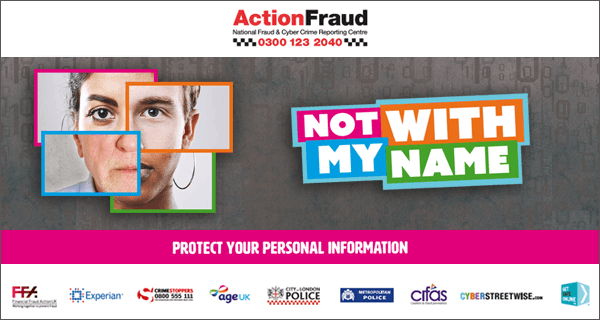The Citizens Advice charity is running a campaign to target scammers and rogue traders who are targeting recession-hit consumers.

The campaign highlights a growing concern that the recession is providing fraudsters with opportunities to exploit people when they are most vulnerable.
Following a survey of 4,200 people, Citizens Advice found five most common problems reported by survey respondents:
- Switching – while switching can be the smart thing to do, 50% of consumers surveyed mentioned problems they have had with doorstep offers to ‘save money’ by switching gas, electricity or phone suppliers, but end up paying more;
- Debt advice firms – mentioned by 46%. This refers to taking huge amounts in fees but not sorting out people’s debts;
- Prizes – mentioned by 34%. Where people pay fees but there’s no prize
- Building work – mentioned by 32%. Where rogue traders taking money for shoddy, incomplete or non-existent work.
- Loan offers – mentioned by 31%. Where you pay fees but don’t get a loan.
According to the Trading Standards Institute, five of the six big energy companies have agreed to stop doorstep selling, which should greatly increase the chances of consumers being able to spot a ‘switching’ scam.
Jamey Johnson, Head of Action Fraud, says “Fraudsters fling their nets wide, regularly snagging the most vulnerable with offers of non-existent prizes and loans. Action Fraud provides a wide range of advice and support to people in dealing with these fraudulent approaches, including taking reports from victims. It’s vital to help people recognise when offers aren’t genuine, so we welcome Citizen Advice’s report and campaign in this area.”
Tips for avoiding scams
Every year, an estimated three million people fall victim to scammers. This advice from Citizens Advice can help people avoid scams:
- Be sceptical – if it sounds too good to be true it probably is. If in doubt bin it, delete it or hang up.
- Take your time – a genuine offer shouldn’t demand you make an instant decision. Explore your options.
- Whether you are contacted by post, email or on your doorstep, find out who you are dealing with and check with friends family and trusted organisations such as Citizens Advice Bureaux, ConsumerDirect, and ActionFraud. For financial matters, check with the Financial Services Authority.
- Trustworthy firms will never ask you for your bank account details and passwords. Never give these to someone you don’t know, and never pay for debt advice.
- Reduce unwanted post by registering with the Mailing Preference Service at www.mpsonline.org.uk or by phoning 0845 703 4599. This is free. Reduce unsolicited phone calls by registering your phone with the Telephone Preference Service: www.tpsonline.org.uk, or by phoning 0845 070 0707
- www.stayprivate.org, run by Consumer Focus, allows you to register for mail preference service and telephone preference service all at once, and offers tips on reducing unwanted mail.
If you have been a victim of fraud, report it to Action Fraud.
Read more about the Citizens Advice Scams Campaign on the Citizens Advice website.
Please note that Action Fraud is not responsible for the content of external websites.
To report a fraud, call Action Fraud on 0300 123 2040 or use our online reporting tool.
Related links:
Bogus tradesmen fraud
Electricity customers warned of fraudsters



